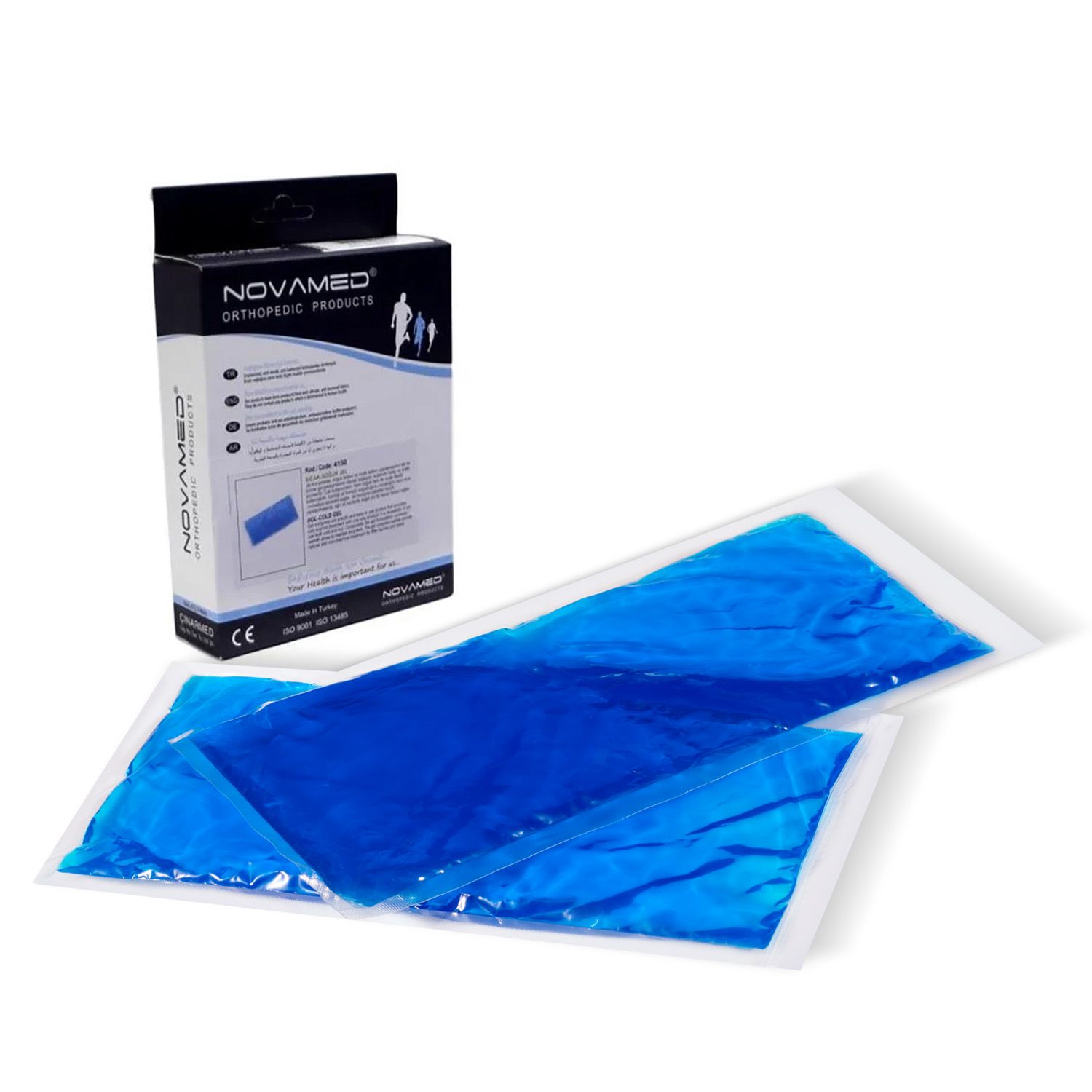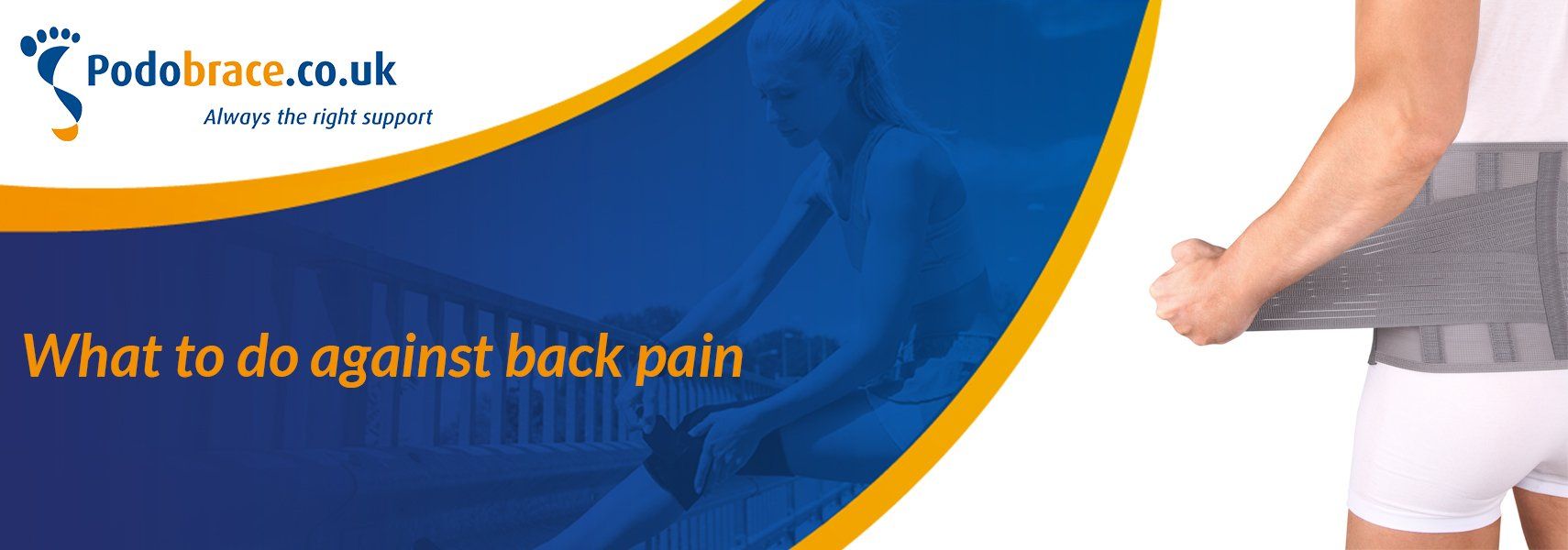Many people in the UK experience some form of back pain every day. This affects all walks of life, as both young and older people can experience temporary or chronic pain. It may not surprise you that people with an office job are more likely to have problems than people who work with their hands.
Fortunately, there are a number of things you can do to ease the pain when dealing with back pain. Read below which ones they are:
Remain active
When the back pain hits, you may feel that bed rest is the best solution to the issue. However, this is not the case. Bed rest can make your pain and stiffness much worse. Instead of resting, try to stay active to reduce pain and improve your mobility. The following sports can also relieve back pain faster:
- Walking/hiking
- Yoga
- Swimming
- Pilates
Hot or cold therapy works against back pain
Hot or cold therapy can provide relief to you from the pain. What you can do is, apply an ice pack to the painful area. Make sure that you always wrap the pack in a towel or cloth with both hot and cold therapy, to prevent burns.
Wear a back support
A back support can relieve various upper and lower back pain. On podobrace.co.uk, you will find all types of back braces you need to relieve your pain and improve your posture. Think of a ventilating posture corrector for low back support. In addition, you can wear a back support discreetly under your clothes, providing more confidence and comfort while working, exercising or performing daily activities.
Stay positive!
A positive attitude may not seem like the best way to relieve back pain, but people who remain optimistic when they experience pain reportedly recover faster. Try to look on the bright side instead of dwelling on the problem. For example, if the pain forces you to skip a sports game or a workday, try to approach it positive and be happy that you can spend more time at home with your family or break your daily routine.
Seek medical help for your back pain
Most temporary back problems usually disappear within a few days. If the pain doesn't go away after a few weeks or months, or you're having trouble coping with the discomfort, schedule an appointment with a doctor for medical help.
After examining your back, a doctor can discuss possible treatments to relieve your symptoms, such as prescription medication or a professional massage. Alternatively, they may refer you to a physical therapist or specialist for a more accurate diagnosis and effective treatment. You can also contact a physiotherapist directly for immediate advice and support.


Novamed Ice pack / Hot & Cold pack - Duopack

Dunimed Back Support - with Busks (Black)

Viofix Lower Back Support - Pelvic Belt




